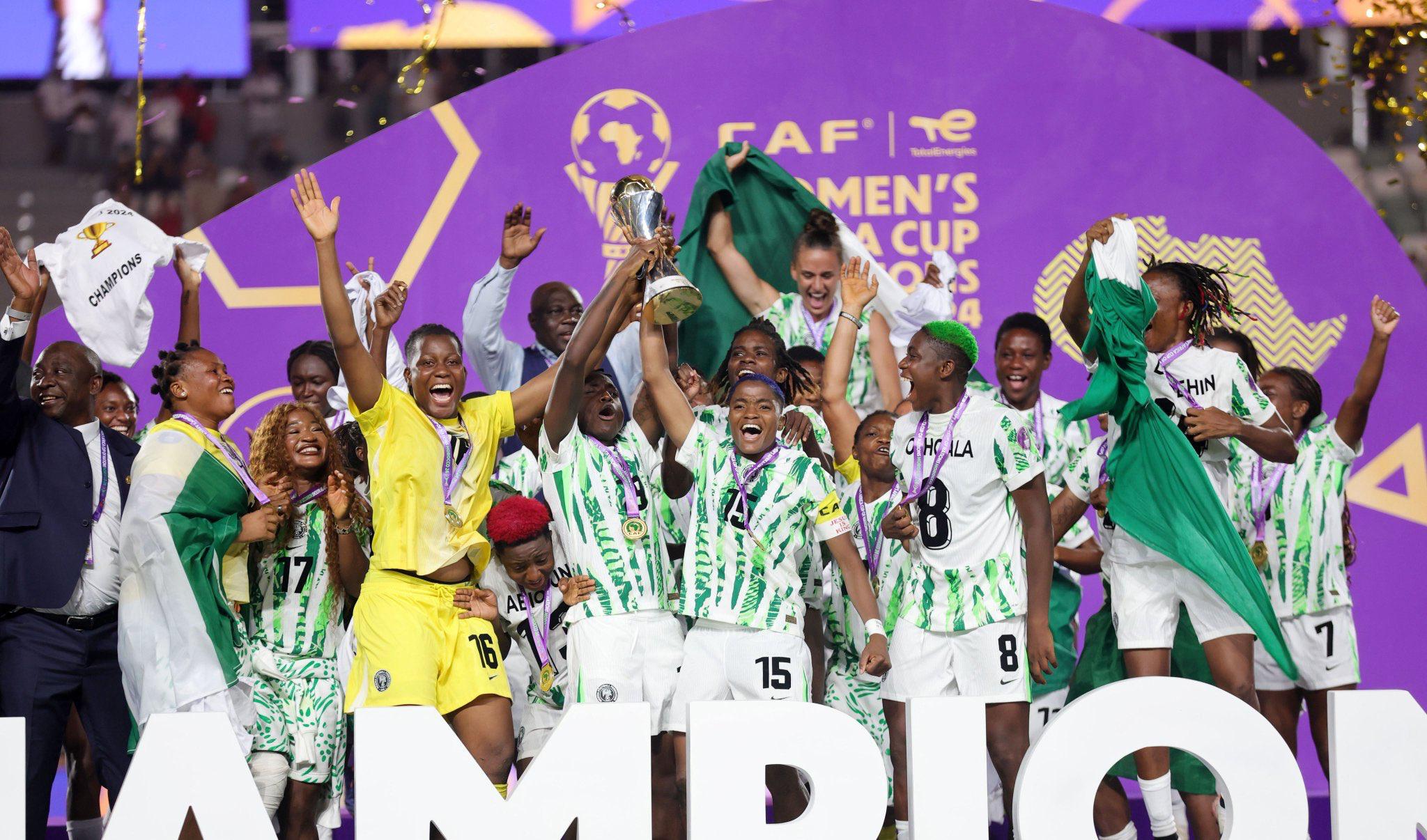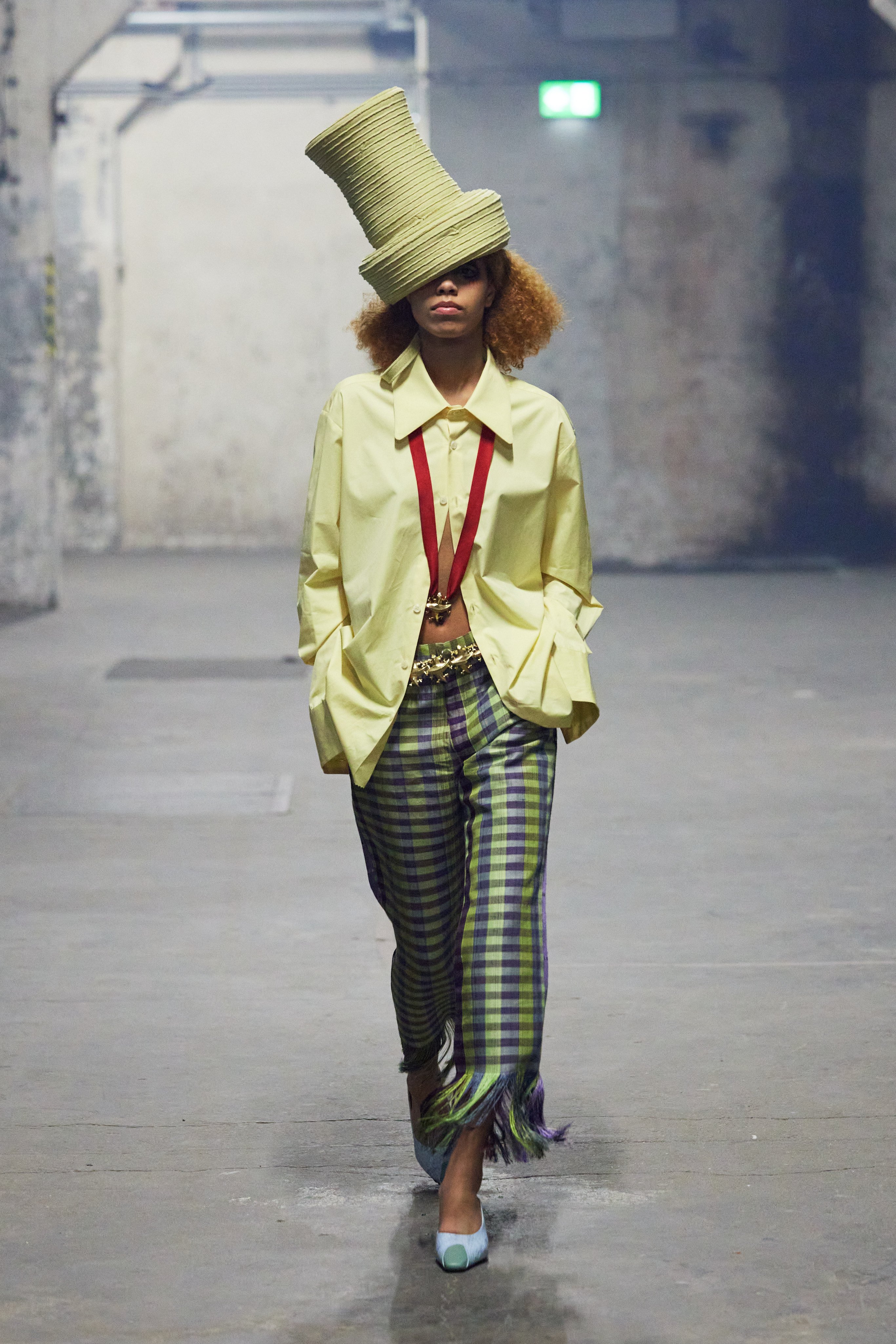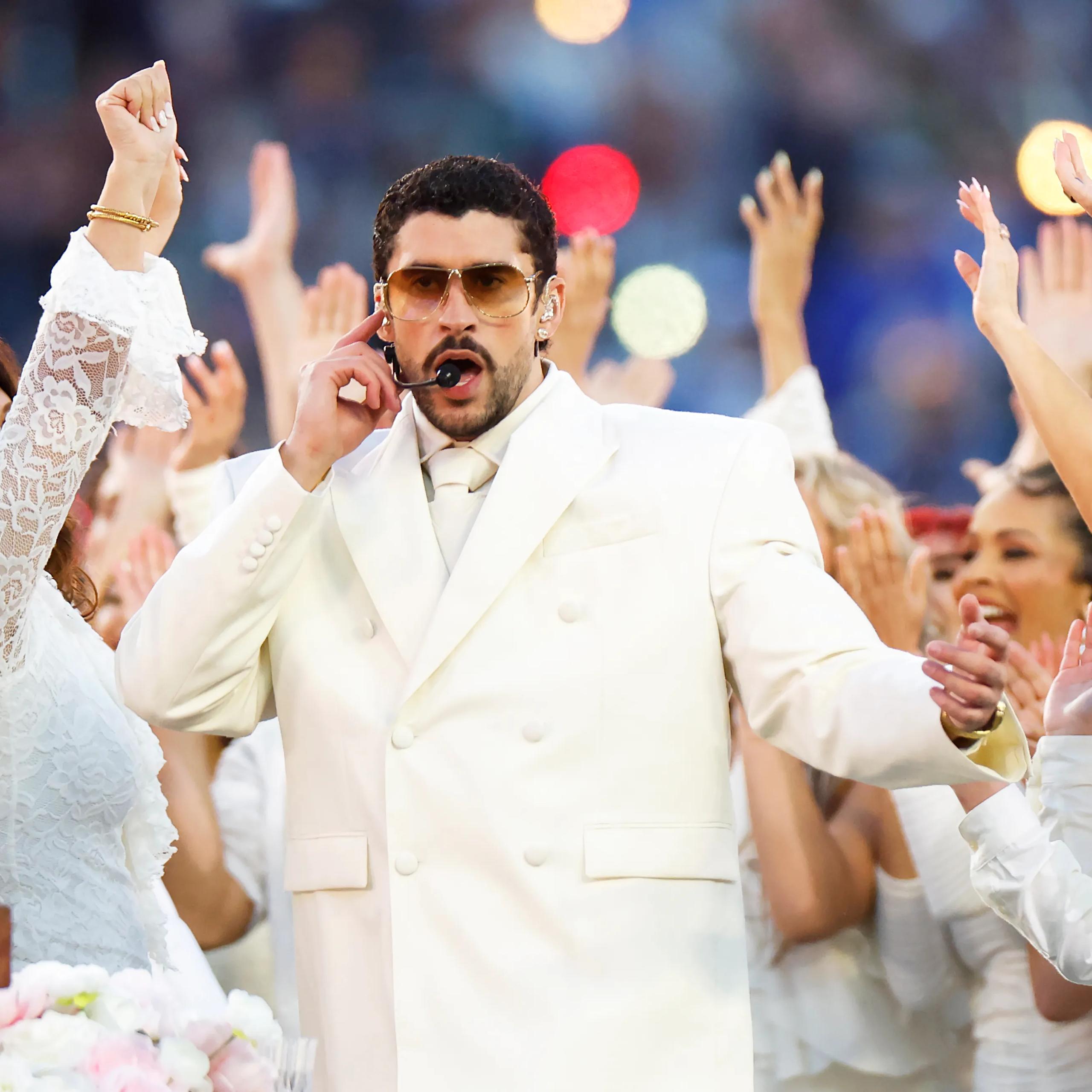Circa July 26, 2025, the Super Falcons lifted their 10th WAFCON title, emphatically demonstrating their aggressive dominance and unwavering consistency. Their victory echoed throughout the country, garnering praise, respect, and national pride.
In the wake of that defining moment came another spectacle of glory: the D’Tigress had reached the pinnacle of continental basketball success, clinching yet another AfroBasket championship. Nigeria had crowned queens, not once, but twice.
There is something radically different, almost poetic, about these victories. It’s more than just trophies and bragging rights. It underscores a shift in sociocultural terrains: a palpable sense that change is inevitable. The parallels between both teams extend beyond winning this year’s championships, but they also lie in the aggressive win counts and sustained dominance.
For the D’Tigress, this marks their fifth consecutive continental AfroBasket title, truly incredible. Not only are they the first nation to achieve this feat, but they have also extended an unbeaten run in the tournament to 29 consecutive games since 2015. Remarkable.
The Super Falcons, on the other hand, have now won the WAFCON 10 times, emerging victorious in every final they’ve reached.
The conversation continues to pervade, fueled by fans, celebrities, and political figures. For the first time, Nigerian female athletes were not sequestered beneath men’s sporting narratives. Now, it is their story, a redefining moment. A feminist manifesto? A representation of female excellence? Whatever appellation defines your viewpoint, the moment it revolves around a broader cultural revolution.
As Hon. Nkeiruka Onyejeocha puts it,
“What we’re witnessing is not a fluke, but a sustainable renaissance in Nigerian sports.”
The journey to these victories, however, was paved with various adversities.
In an interview with Lagos Talks 91.3, British-Nigerian player Ashleigh Plumptre expressed her dissatisfaction and frustration about the team’s experience during the tournament. She pondered on the off-field negligent conditions that trampled on their mental and physical well-being:
“I think in the tournament, for me and for some of the girls, we were tired towards the end because we were put in a hotel in Morocco that didn’t have a gym. So, for some of us who wanted to do recovery, towards the end of the tournament, we were taken to a public gym.”
She continued.
“We were two to a room, but the rooms were really small… if my roommate and I were to open our suitcases, we wouldn’t have been able to move…”
Although the D’Tigress may not have reported similar accommodation conditions, their journey to their fifth title was riddled with setbacks. In 2022, the Nigerian government imposed a two-year ban on the national women’s team due to political instability within the Nigerian Basketball Federation (NBBF), which resulted in a prolonged leadership crisis. Although the ban only lasted two weeks, its implications were severe and significant. It led to Nigeria’s absence from the 2022 FIBA Women’s Basketball World Cup–a tragic ending for both the team and the country. This ban took away their “goals to elevate, inspire, and make Nigeria proud!”
Despite the setbacks, players like Asisat Oshoala, Amy Okonkwo, Ezinne Kalu, and Rasheedat Ajibade have continued to carry the mantle, representing Nigeria with tenacity and persistence.
The year 2025 has redefined the narrative, placing women’s sports at the centre of national pride. It has revitalised prospects and has given room for growth and expansion. This renewed visibility will likely lead to increased endorsements and sponsorships, the renovation and development of sporting infrastructure, and, most importantly, allow girls to dream of sports as a medium to make a difference.
These awards and growing respect for women’s sports point to a broader conversation. Thus, it is about more than just winning games; it signals a shift in public perception, redefining the Nigerian sporting ethos to recognise women’s sports as a respected and powerful enterprise.
The reputation of Nigerian sports is often skewed towards a prevalent rhetoric of mismanagement, underutilised potential, and the misappropriation of funds. Yet, amidst the vicissitudes of the Nigerian sporting system, these women have continually found ways to navigate these challenges through a stern conviction deeply rooted in passion and patriotism. They have undeniably left an indelible mark on the nation and in the hearts of Nigerians. Being the patrons of this iconic moment, their names will forever be embellished in the treasure of Nigeria’s robust history, being the bastion for a future that is promising.
Well done, Nigeria.
.svg)







.png)

